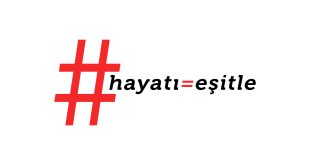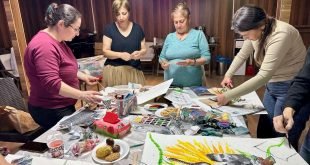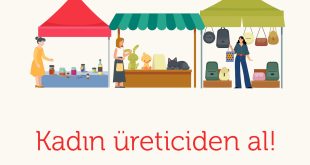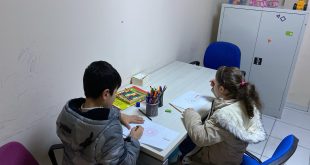Refugee Women Facilitate Their Daily Lives with Turkish Course!
The Turkish language course we successfully completed at the Women’s Counseling Center in August and September helped refugee women learn the language. In this way, women have become more comfortable in overcoming the difficulties they face in their daily lives, such as grocery shopping, hospital work or their children’s schooling.
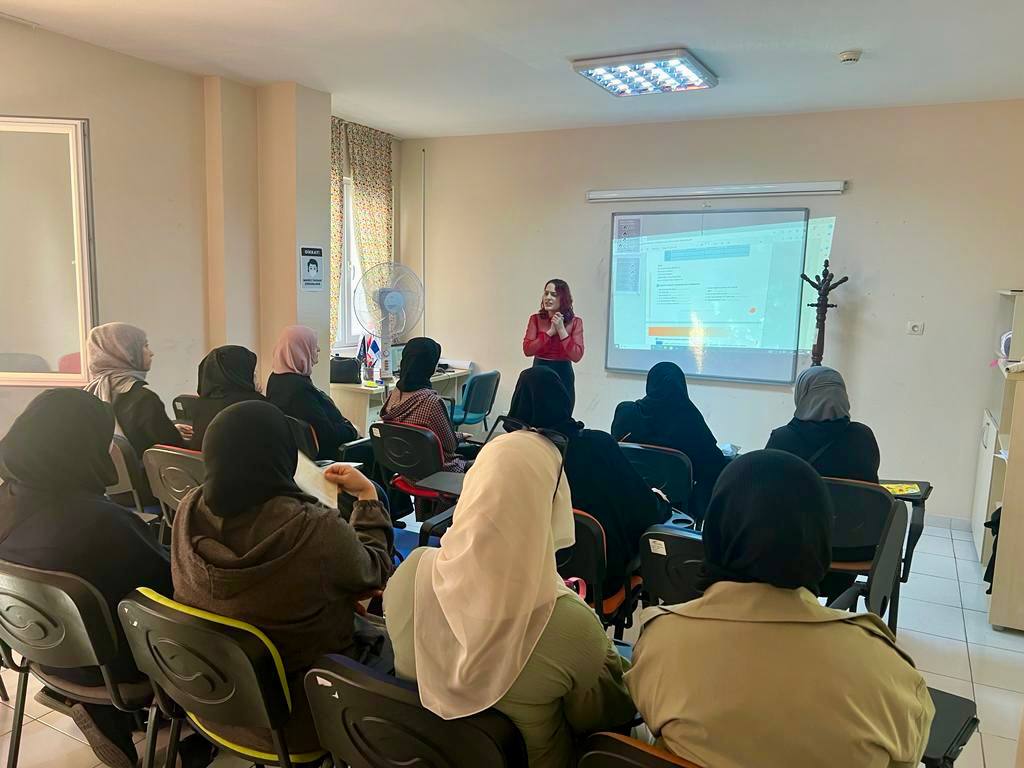
Especially when we look at the gender roles of women, we see that they spend most of their time doing housework and childcare. Attending a Turkish language course every day allows them to get out of the house and meet other women at the same time.
One woman describes the process of joining the course as follows: “Because I didn’t speak Turkish, I had a hard time going out, I couldn’t shop, and I felt restricted because there was no place to leave my children. Since I started coming to the Women’s Counseling Center, I have been able to learn Turkish easily while my children play and I can easily manage my daily tasks.”
While the women learn Turkish, their children play in the playroom with a child development teacher. The fact that the children are in a safe environment allows women to attend the course with peace of mind.
After the course, some women started volunteering to provide Arabic-Turkish translation support at the center. A volunteer woman describes this process in the following words: “I provide Arabic-Turkish translation support at the center. I aim to help more by improving my Turkish, which improves my language skills and makes me happy to support other women.”
Another woman shares the impact of the course on her daily life as follows: “It was difficult to communicate in the hospital or in the market. Now I can speak more easily, I can also communicate with teachers at my children’s school; this is a big improvement for me.”
Our Turkish courses, which refugee women show great interest in, continue.
** The Women’s Counseling Center and Mentoring Project is supported by the “Development of Community Based Social Services for Refugees and Host Communities (CLIP 2)” implemented by the German International Cooperation Agency (GIZ).
 Mavi Kalem Sosyal Yardımlaşma ve Dayanışma Derneği Hayata Rengini Kat!
Mavi Kalem Sosyal Yardımlaşma ve Dayanışma Derneği Hayata Rengini Kat!


